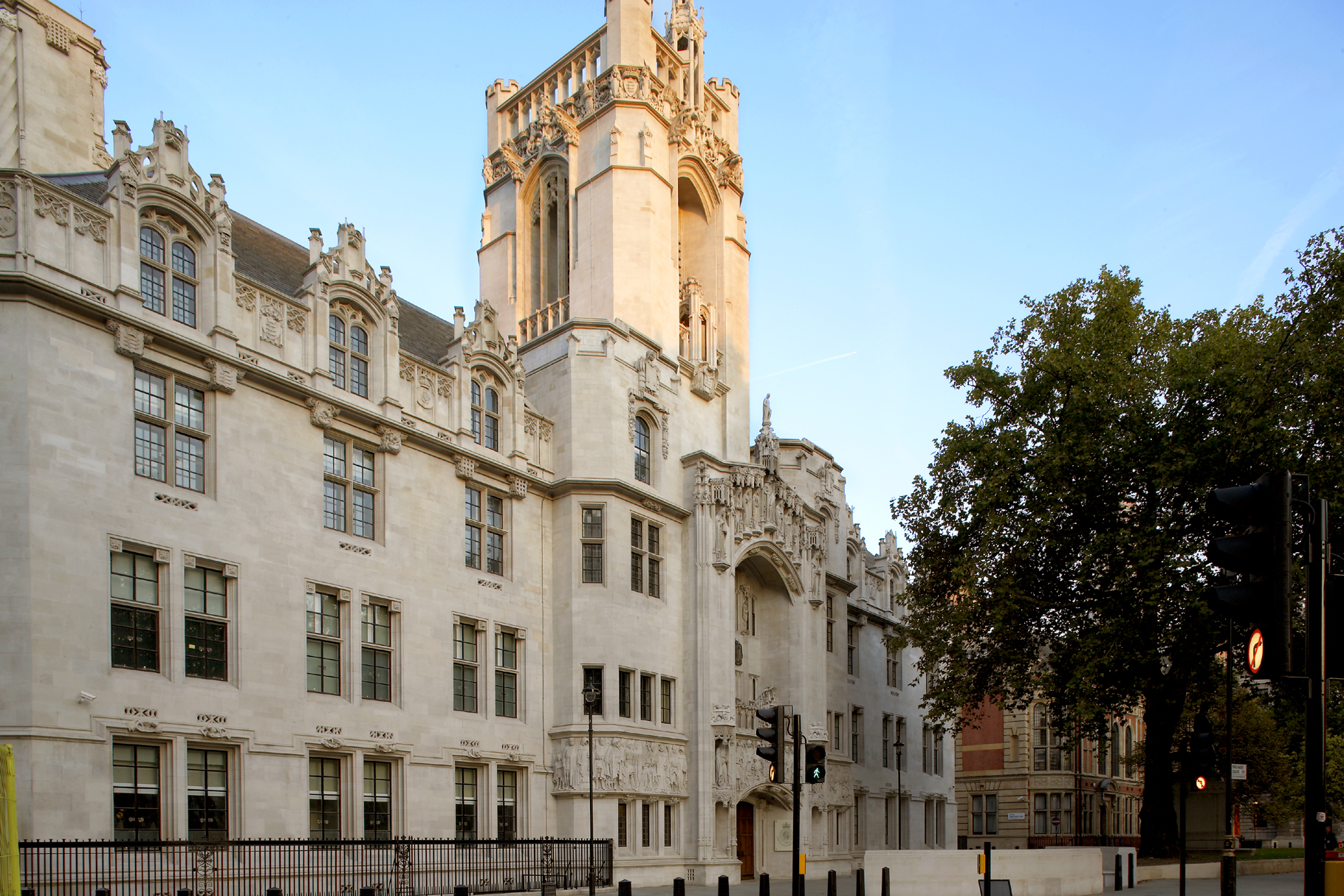whether an £85 fine for overstaying in a car park was an unenforceable penalty (which is an important point for all who enter into contracts) or merely unfair under the Unfair Terms in Consumer Contracts Regulations 1999/2083. Those with enough broadband in time can listen to the full argument here.
The Law Society Gazette reported the case here and it has attracted a great deal of attention from those who comment. Many are concerned about parking, but some are interested in how one deals with unconscionable bargains in the wider world. The earlier article from the Gazette is here. This discusses the legal issues in more detail. For the answers we will need to wait for the judgement. Even patent and trademark agents are aware of some obvious unconscionable bargains amongst the scam invoices and renewal services offered to their clients unsolicited. Such scammers, though, seldom try to enforce their contracts in the courts like parking contractors do.
Funding the Case
Mr Beavis, who is said by The Independent to be the owner of the Happy Haddock in Billericay was fortunate in being able to raise money for an issue that sparked the public interest of motorists at least, by means of a crowd funding appeal. He is not at risk of costs because this was only a "small claim" and he has paid the £85 penalty. Parking operators business models are however in jeopardy. Many other extortionate contracts might also suffer if the Supreme Court decides in favour of Mr Beavis. It should be noted that neither the original judge nor the Court of Appeal were sympathetic to his plight. Even if the Supreme Court decides £85 wasn't unconscionable, it may set guidelines that will keep figures more confined in future contracts.What if your intellectual property problem does not capture the public imagination like Mr Beavis's car park fine? How will you will obtain economic access to justice if you feel you can't afford to defend your IP or defend a claim that you are guilty of IP infringement? You can become a litigant in person. However, a company does need to be represented. The Chartered Institute of Patent Attorneys now has a working group on pro bono services and if you are interested watch out for an announcement in the CIPA Journal. Meanwhile, your best bet is to work on a pitch for why your case deserves the unpaid help of a professional.

Mr Beavis was told today to man up and pay - here is the decision .
ReplyDeleteMore learned comment here